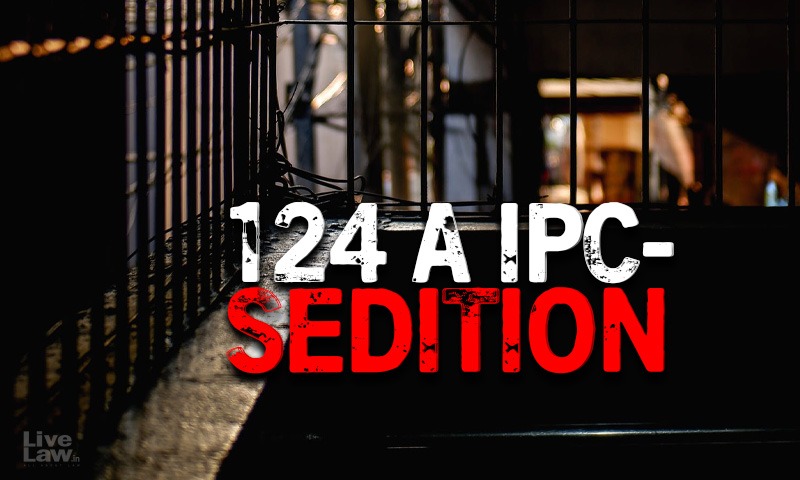Law Commission Recommends Retention Of Sedition Law With Certain Amendments
LIVELAW NEWS NETWORK
2 Jun 2023 9:00 AM IST

Next Story
2 Jun 2023 9:00 AM IST
In a significant development, the Law Commission of India has recommended against the total repeal of sedition law (Section 124A of the Indian Penal Code) and has instead proposed that the provision be retained with certain amendments.The Law Commission stated in its 279th report that it is of "the considered view that Section l24A needs to be retained in the Indian Penal Code, though...
